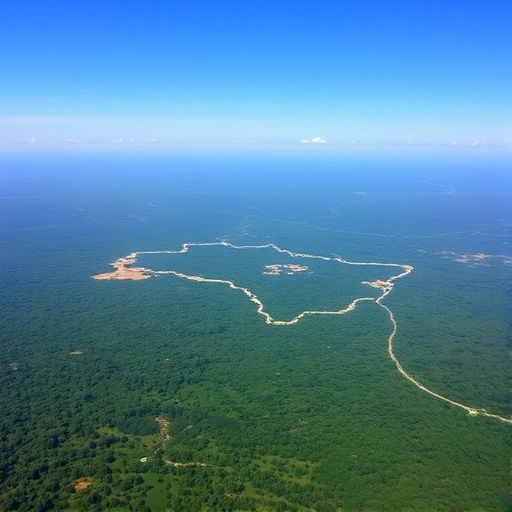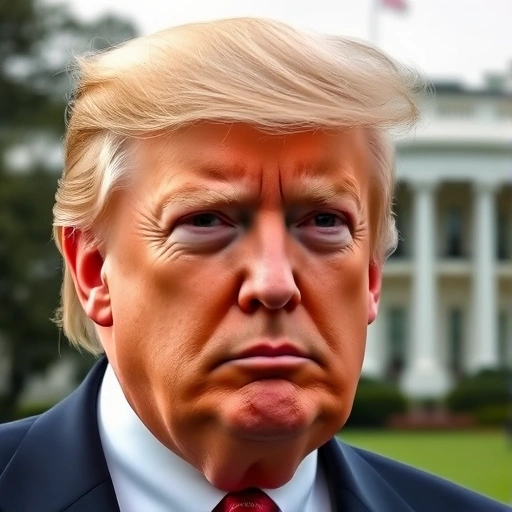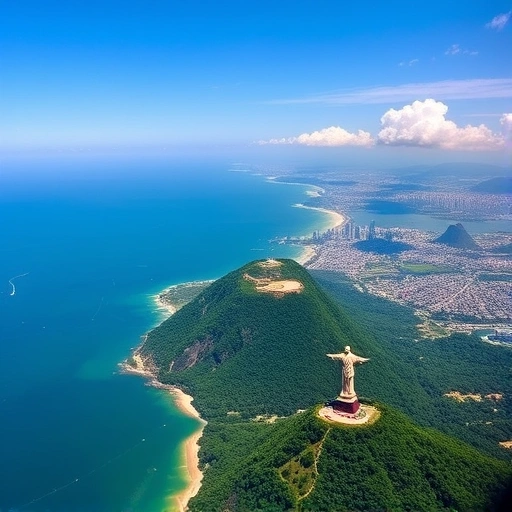
The concept of sovereignty is a fundamental principle in international relations, referring to a state’s authority and independence within its borders. Brazil, the largest country in both South America and the Latin American region, has been grappling with its own sovereignty issues for decades. As a newly independent nation, Brazil has had to navigate the complexities of being a developing country, while also asserting its position on the global stage.
In the 19th century, Brazil’s sovereignty was challenged by European powers, particularly Portugal and Spain, which had previously colonized the region. The country’s fight for independence was marked by a series of battles and diplomatic efforts, culminating in the signing of the Treaty of Petrópolis in 1889, which formally recognized Brazil’s independence.
However, Brazil’s sovereignty was again threatened in the 20th century, this time by the rise of military dictatorships and the influence of external powers. During the military regime of the 1960s and 1970s, Brazil’s government was accused of human rights abuses and curbing civil liberties, leading to international criticism and isolation. The country’s sovereignty was also compromised by its reliance on foreign aid and investment, which limited its ability to make independent decisions.
In recent years, Brazil has made significant strides in asserting its sovereignty. The country has become a major player in international affairs, playing a key role in regional organizations such as the Mercosur and the Community of Latin American and Caribbean States. Brazil has also been actively promoting its interests in the global arena, particularly in areas such as climate change, sustainable development, and nuclear non-proliferation.
Despite these advances, Brazil still faces challenges to its sovereignty. The country’s vast natural resources, particularly its Amazon rainforest, are under threat from deforestation, mining, and logging. Additionally, Brazil’s democracy is still fragile, and the country’s political system is plagued by corruption and inefficiency. The COVID-19 pandemic has also highlighted Brazil’s vulnerabilities, particularly in its healthcare system and social services.
In conclusion, Brazil’s quest for sovereignty is a complex and ongoing process. The country has made significant progress in asserting its independence and promoting its interests on the global stage, but it still faces numerous challenges. As Brazil continues to navigate its position in the world, it will be crucial for the country to balance its sovereignty with its membership in international organizations and its relationships with other nations.
WIKIPEDIA: For more information on Brazil’s sovereignty, readers can consult the Wikipedia article on the topic, which provides a detailed overview of the country’s history and current situation.


